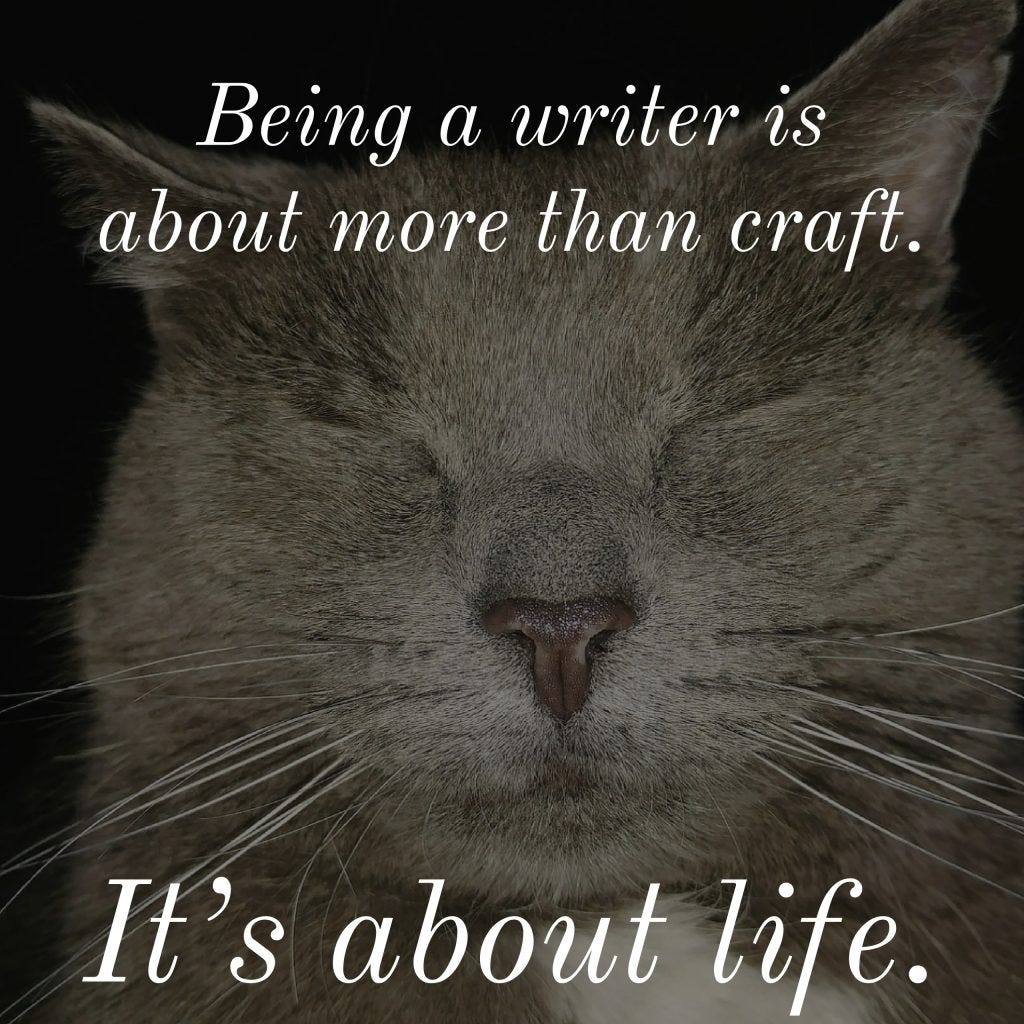
That is not my house. Just so you know. I used the image because it’s so messy and the best kind of work is the kind that makes you messy (even if you're a Virgo) inside and out.
And for a lot of writers, especially writers for kids, our job isn't just about making story; it's about making a difference somehow in at least one kid's life. That is a messy business because in order to make a difference, you have to dig deep, to go through a lot of dirt and mud and rock to get to what it is that matters to you and to your story and to your reader and/or life partners.
Digging deep requires mess. Experiences require risk and movement into places you haven’t been before (physically or mentally) and that? That’s as messy as a 500,000-word novel about gremlins, zombie hamsters, Bridget Jones and time travelers.
When I visit schools, I always the kids that one of the important steps to becoming the best writers you can be is to live the biggest life you can live. To not risk life or jail time, but to have adventures, to do things that you would never expect yourself doing. In short, to allow yourself to be messy.
Your life is your story. Make it a big one.
Big stories have conflict, and none of us are really into conflict in our lives, but it's the conflict that allows our stories to have meaning and resonance.
Big stories have awkward moments and worries. Our characters and our selves feel overwhelmed. We feel like we can't make it sometimes. That's part of what makes surviving such a sweet triumph.
Being a writer is about more than craft. It's about the story of how to be a writer, your story. It's part of the bigger story of your life.
Here’s the thing: Every lesson about writing craft is actually a lesson about life.
Talking about paying attention to detail in your scene? It's the same as paying attention to the details in your real life.
Talking about traits of your character and how to make them heroes (or not)? It's the same as talking about the traits that make you the you that you so beautifully are.
Talking about resolution to your story is the same as talking about resolution to your relationships, to your current conflict, to your own life and death.
I know, right? Mind blown.
In every story we write there needs to be some logic and there needs to be some spirit or resonance. Let’s look at both those things really quickly, okay?
What makes the logic of the story?
That comes from plot, pacing, character, and theme. You start your story with a vision and then the other elements are honed and refined to express that vision.
The logic is the structure of the story, how it all works together. It's how your plot isn't just action, but a movement forward towards an end point—and how that movement forward makes sense and works together with the character, the theme, the pacing.
Events that happen must make the character react and act.
And resonance? What's resonance?
It's the story's value. It's the universal nature of the story. It's what makes the reader's heart and mind go, "A-ha!"
It's what makes you remember the story. We've all met people, read books, watched movies or shows or heard songs and forgotten them, but the ones that resonate? Those are the ones we remember.
Think the musical Hamilton. Though a lot of people love to hate on it, Hamilton resonated across so many demographics partially because it's a story about immigration and triumph and death, about idealism and it's then set to something that felt more new in musical theater when it was released. And the style of music, which is juxtaposed to the historical setting? It resonates.
Think about the Nas song War (Birth of a Nation). This song connects Nat Turner to the protests of today and about fighting to make a better U.S. It resonates.
It's about theme and heart. It's about authenticity and humanity. That's what resonates.
So how do you make your story resonate?
Think about what your story is really about on the deepest level.
How do you make your life resonate?
Same thing. Think about what your life is really about on the deepest level.
QUICKEST WRITING TIP EVER
When you're writing, don't be afraid to have messy, uncomfortable things happen to your characters. A story with no conflict is not a story.


